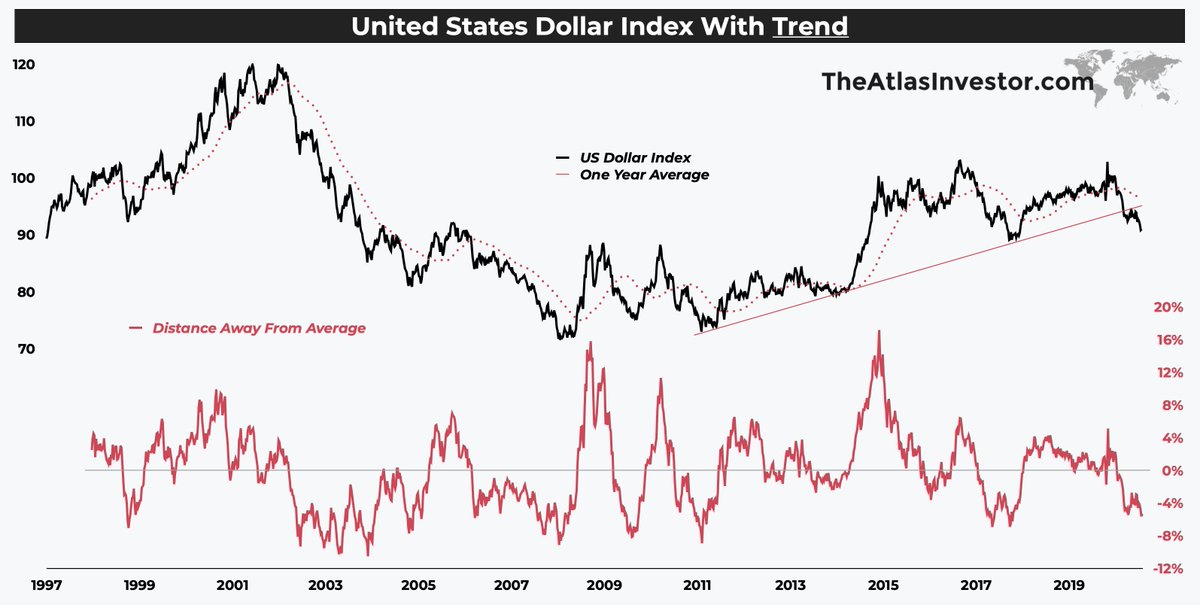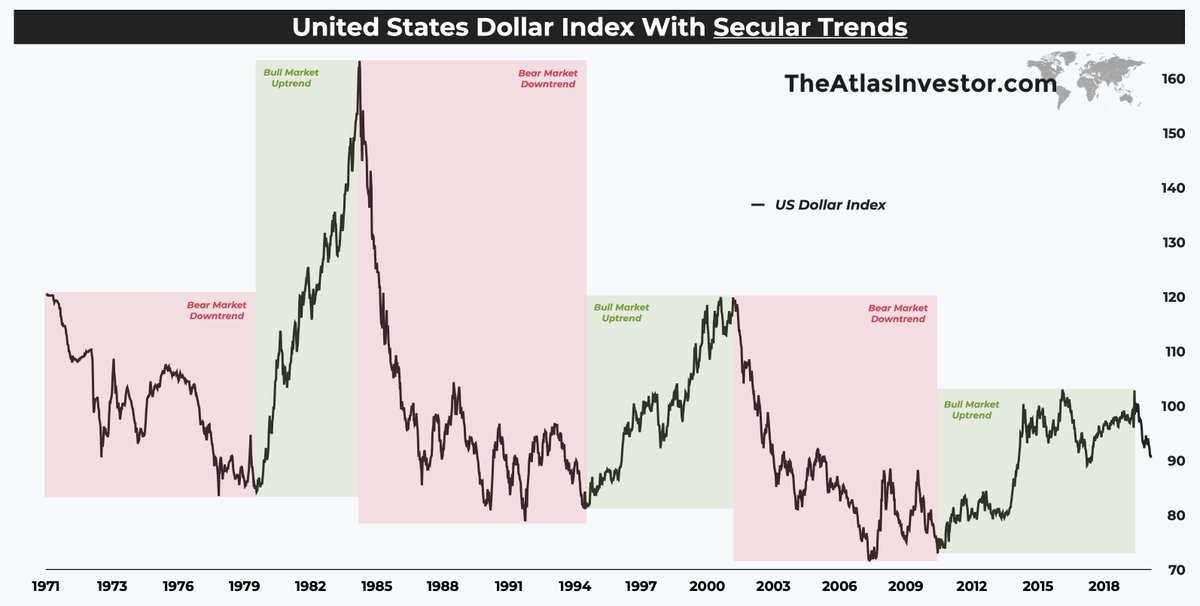
Doing RE underwriting at high valuations after a 11-year bull run tells you exactly what you need to hear.
RISK is here!
Whether your focus on the unleveraged yield on total cost or development feasibility studies — it's getting ridiculously hard to find anything attractive.
RISK is here!
Whether your focus on the unleveraged yield on total cost or development feasibility studies — it's getting ridiculously hard to find anything attractive.
One London deal from earlier today.
Loss-making propositions start popping up everywhere as the market becomes overpriced.
As my mentor used to say: "Tiho, are you going to work for free?"
It wasn't like this 5 years ago, while almost every deal worked 8-9 years ago!
Loss-making propositions start popping up everywhere as the market becomes overpriced.
As my mentor used to say: "Tiho, are you going to work for free?"
It wasn't like this 5 years ago, while almost every deal worked 8-9 years ago!

A deal from Prague, also from today (in Czech Krona).
Agents are in la-la land & this owner believes money grows on trees.
Yes, it is an amazing property in a great location — but you buy it, do the hard work & exit at realistic market comps with a €1.5 million loss.
Agents are in la-la land & this owner believes money grows on trees.
Yes, it is an amazing property in a great location — but you buy it, do the hard work & exit at realistic market comps with a €1.5 million loss.

And finally, from Brisbane (AUS). All three cities were modeled without any debt, the way we like it.
Low interest rates aren't the reason to buy real estate.
They are the cause of its overvaluation & therefore the reason to sell real estate.
"Are you going to work for free?"
Low interest rates aren't the reason to buy real estate.
They are the cause of its overvaluation & therefore the reason to sell real estate.
"Are you going to work for free?"

• • •
Missing some Tweet in this thread? You can try to
force a refresh









